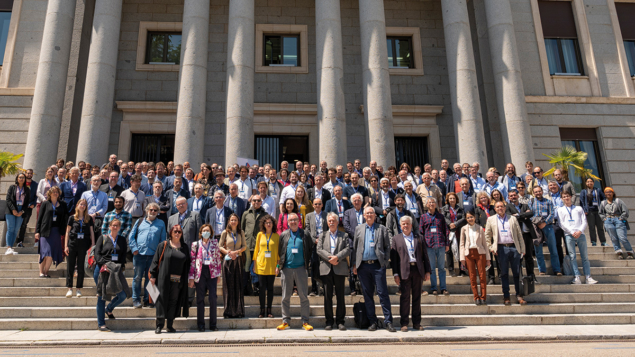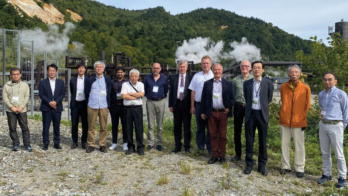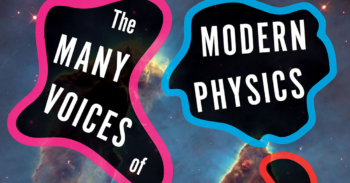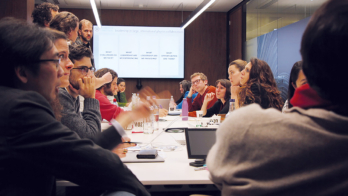
The second joint ECFA (European Committee for Future Accelerators), NuPECC (Nuclear Physics European Collaboration Committee) and APPEC (AstroParticle Physics European Consortium) symposium, JENAS, was held from 3 to 6 May in Madrid, Spain. Senior and junior members of the astroparticle, nuclear and particle-physics communities presented their challenges and discussed common issues with the goal of achieving a more comprehensive assessment of overlapping research topics. For many of the more than 160 participants, it was their first in-person attendance at a conference after more than two years due to the COVID-19 pandemic.
Focal point
The symposium began with the research highlights and strategies of the three research fields. A major part of this concerned the progress and plans of the six joint projects that have emerged since the first JENAS event in 2019: dark matter (iDMEu initiative); gravitational waves for fundamental physics; machine-learning optimised design of experiments; nuclear physics at the LHC; storage rings to search for charged-particle electric dipole moments; and synergies between the LHC and future electron–ion collider experiments. The discussions on the joint projects were complemented by a poster session where young scientists presented the details of many of these activities.
The goal was achieving a more comprehensive assessment of overlapping research topics
Detector R&D, software and computing, as well as the application of artificial intelligence, are important examples where large synergies between the three fields can be exploited. On detector R&D there is interest in collaborating on important research topics such as those identified in the 2021 ECFA roadmap on detector R&D. In this roadmap, colleagues from the astroparticle and nuclear-physics communities were involved. Likewise, the challenges of processing and handling large datasets, distributed computing, as well as developing modern analysis methods for complex data analyses involving machine learning, can be addressed together.
Overview talks and round-table discussions related to education, outreach, open science and knowledge transfer allowed participants to emphasise and exchange best practices. In addition, the first results of surveys on diversity and the recognition of individual achievements in large collaborations were presented and discussed. For the latter, a joint APPEC–ECFA–NuPECC working group has presented an aggregation of best practices already in place. A major finding is that many collaborations have already addressed this topic thoroughly. However, they are encouraged to further monitor progress and consider introducing more of the best practices that were identified.
Synergy
One day was dedicated to presentations and closed-session discussions with representatives from both European funding agencies and the European Commission. The aim was to evaluate whether appropriate funding schemes and organisational structures can be established to better exploit the synergies between astroparticle, nuclear and particle physics, and thus enable a more efficient use of resources. The positive and constructive feedback will be taken into account when carrying out the common projects and towards the preparation of the third JENAS event, which is planned to take place in about three years’ time.





